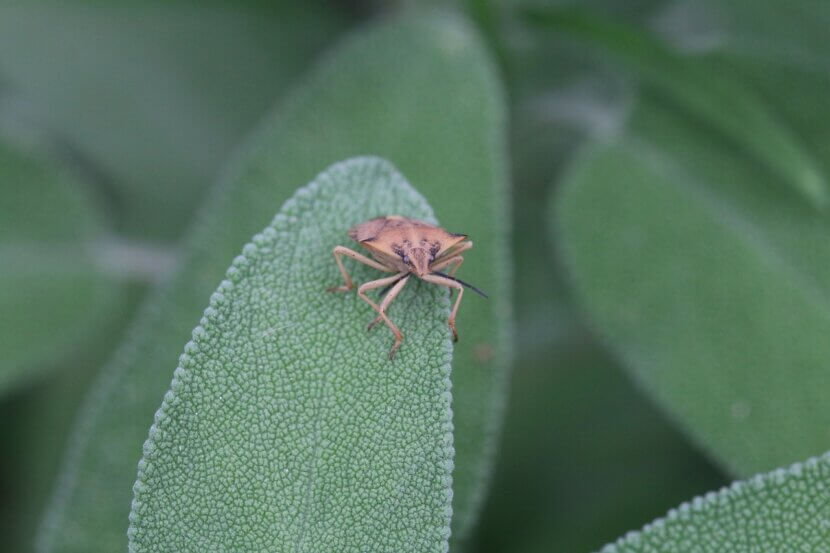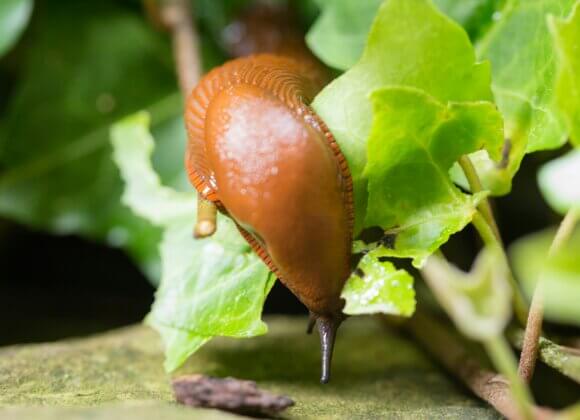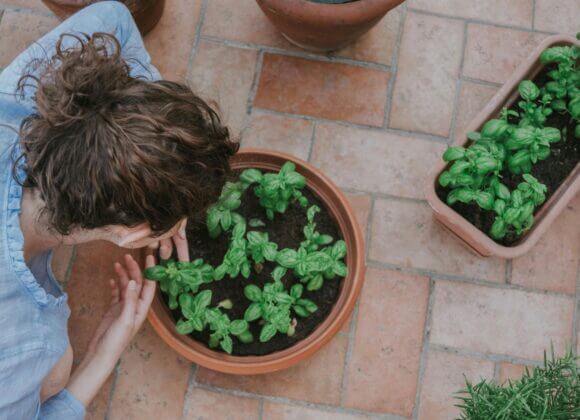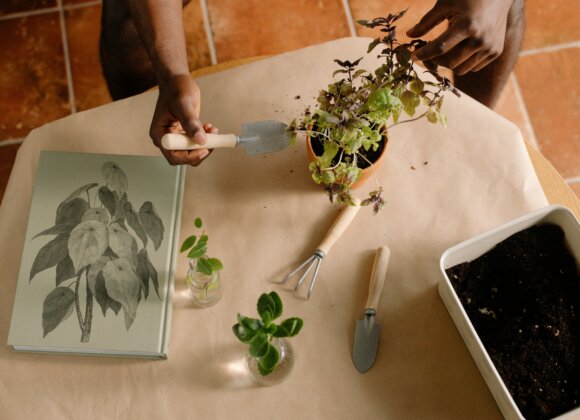You are a common problem for (amateur) gardeners and can cause considerable damage to plants – the various types of garden pests. These often occur seasonally and attack different types of plants, resulting in crop losses and unhealthy plants. Fortunately, there are many environmentally friendly methods of pest control in the garden without the use of chemicals that we can resort to.
We show you how you can combat aphids, mildew, snails, ants and other pests effectively and naturally.
- Aphids
Aphids are small, sap-sucking insects that appear in spring and summer and mainly attack young shoots and leaves. They are just as little loved by ladybugs, parasitic wasps and lacewings, which are considered their natural enemies, as they are by gardeners. You can buy ladybug larvae from specialist retailers and release them in your garden to decimate the aphids naturally.
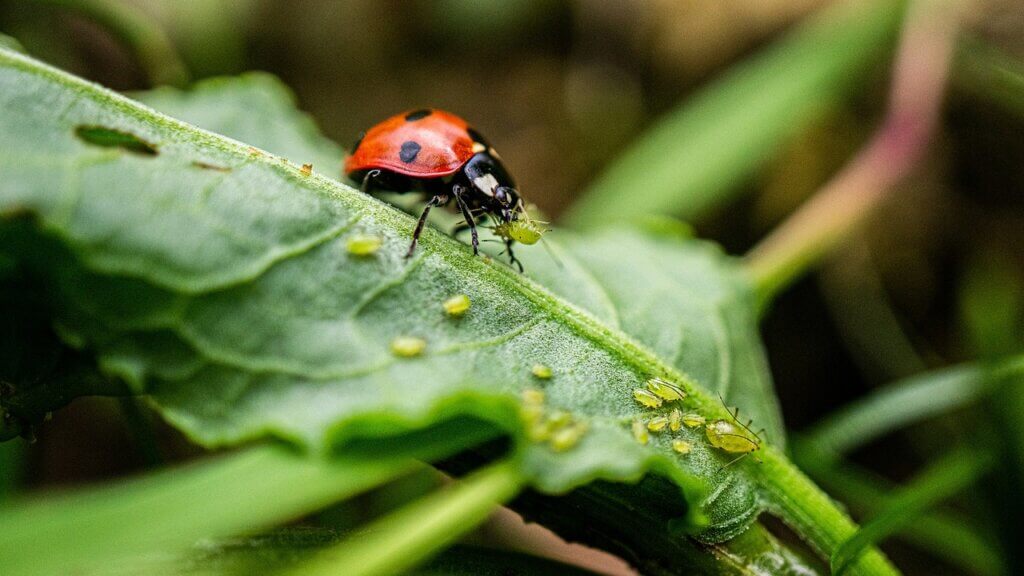
- Mildew
This is a fungus that appears on plant leaves in warm, dry weather and covers them with a white, powdery coating. A mixture of one tablespoon of baking soda, one teaspoon of vegetable oil and one liter of water can serve as an effective fungicide. Spray this solution weekly on infested plants to control powdery mildew.
- Snails
What helps against slugs? This is one of the most frequently asked questions, as they are particularly active in damp weather – of which there is plenty this year – and can cause considerable damage to lettuce and other plants in a short space of time. Right now, many people are suffering from the masses of slugs and snails that are attacking the rich harvest. Therefore, place small containers of beer in your garden. Slugs are attracted by the beer, fall in and drown. This method is of course a little cruel, but simple and effective.
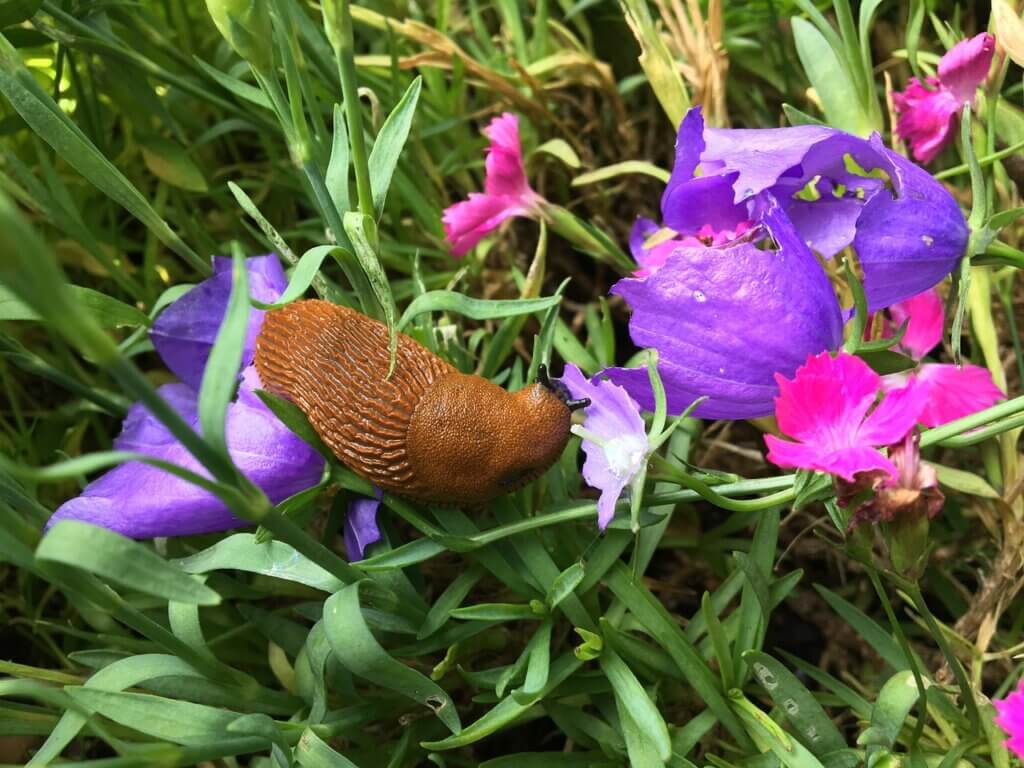
- Ants
Ants are often an indicator of other pests such as aphids, as they harvest their honeydew. Sprinkle cinnamon around the plants to keep ants away. The strong smell irritates the ants and prevents them from entering your garden.
- Scale insects
The plant sap suckers are difficult to control as they are protected by their hard shell. But there are ways and means to combat them: spray infested plants with a solution of neem oil and water. Neem oil acts as a natural insecticide and disrupts the development of scale insects. An effective way to control pests in the garden.
- Colorado potato beetle
These voracious pests can severely damage our potato plants. And they are also quite difficult to control – after all, the beetles and their larvae should be regularly collected from the plants by hand and disposed of. Time-consuming, but effective.
- Cabbage white butterflies
Cabbage white butterflies lay their eggs on cabbage plants and the hatched caterpillars eat the leaves. You should therefore cover your cabbage plants with fine-mesh vegetable netting to prevent the butterflies from laying their eggs. This will protect your plants from the voracious caterpillars.
- Box tree moth
As beautiful as box trees are – as soon as the moth is inside, the nightmare is there too. To get the box tree moth under control, you should regularly spray the infested box trees with a strong jet of water to remove the caterpillars. Repeat this every few days to minimize the infestation.

- Cherry vinegar flies
Cherry vinegar flies mainly attack soft fruits such as cherries and berries and lay their eggs in the fruit. So place traps with apple cider vinegar and a little washing-up liquid near the affected plants. The flies are attracted by the vinegar and drown in the solution.
- Lice
Unfortunately, aphids are not particularly picky about which plants they go after. By sucking out plant sap, however, they damage them immensely. A mixture of water and a few drops of biodegradable washing-up liquid can be used as a soap solution to control pests in the garden. Spray this solution on the infested plants to suffocate the aphids.
A garden means work – and even more so when pests spread through it. These solutions for pest control in the garden naturally take up valuable time – but the view of a beautiful, healthy garden with hopefully a rich harvest will make up for the investment.
Related posts:
Get rid of ants and mosquitoes in the house: 5 tips


